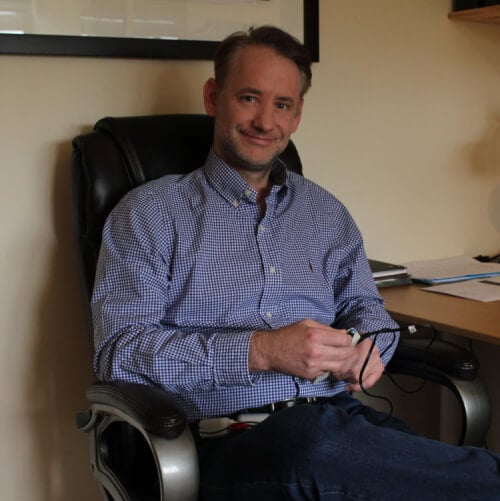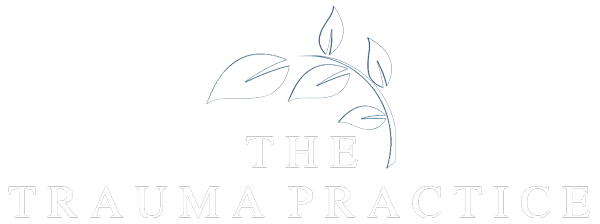Psychotherapy Hertfordshire
Psychotherapy is a talking type therapy which takes place on a one to one basis, in a safe, calm, relaxed environment. We offer person centred transpersonal integrative psychotherapy for mental health difficulties.
What is Psychotherapy?
In psychotherapy a person talks through their difficulties with a psychotherapist. This is one of the simplest and most effective forms of therapy. This type of approach is therapeutic for a number of reasons. It helps externalise a difficulty allowing space between you and the difficulty which you might be having.
When a therapist reflects back to a client from an objective viewpoint it enables a client to really see themselves. The realm of change and new possibility opens. One can start to challenge one's own way of being as opposed to believing that things are just the way they are. Understanding why a person feels the way they do is often influenced by the unconscious. Psychotherapy makes the unconscious, conscious meaning there is the possibility of change.
A psychotherapist can help to plant a metaphorical seed and help a person to nurture that seed into full bloom. What was once perceived as a weakness becomes a strength. The development and rebalancing of qualities enables self empowerment and the ability to find meaning in life. What was once a grey bleak winter landscape begins to develop colour. Buds begin to open and growth has begun. With the right therapeutic relationship the once winter landscape develops into a blossoming mezze of colour.
What can Psychotherapy help with?
Psychotherapy can help with a number of different problems and difficulties.
These might include:
- Providing a base for truama work and PTSD specifically adjunct EMDR
- Underlying anxiety difficulties
- Addiction problems
- Working towards tinnitus habituation
- Working on the underlying causes of depression
- Eating disorders
- Providing a safe space for phobia therapy
Psychotherapy can also help with identity difficulties, bereavement, chronic fatigue syndrome, finding meaning in life, healing attachments, connecting to the soul and more.

Psychotherapist
Matthew Alderton - BSc, MA, Dip, Dip Psych
I trained for 7 years at The Centre for Counselling and Psychotherapy Education in Paddington London to become a Counsellor and psychotherapist. I am also an Eye Movement Desensitisation & Reprocessing Therapy (EMDR) practitioner. This is the leading evidence based treatment for PTSD. It can also help with phobias, eating disorders and tinnitus.
I work in a holistic way using an integrated psychotherapeutic approach. This includes Psychotherapy, Body Psychotherapy, and Eye Movement Desensitisation & Reprocessing Therapy (EMDR).
I like to see people make progress in therapy and in their lives. I am down to earth and friendly enabling you to feel safe to process your difficulties. I’m pleased to offer a range of PTSD treatments in London & Hertfordshire.
Psychotherapy Aproaches I Use

Psychotherapy Benefits
Authenticity
Psychotherapy can help you connect with your true nature and become more authentic. This means that there is more congruency between your true self and the persona you present to the world.
Balance
Once you get to the root of the difficulties and you have the chance to process them in a safe environment you are able to feel more in balance. You can reach a state of homeostasis.
Clear Thinking
Psychotherapy can help to calm down our thinking as we develop other qualities in order to mediate difficulties we come across in our daily lives.
Contentment
When we discover and accept who we are through a psychotherapeutic process we are able to feel more accepting of ourselves. This enables us to accept where we are and make the changes we might need to make for a better future.

Client Comments After Having Psychotherapy
"I feel like I know myself better following psychotherapy and feel much happier in myself"
"I've got the tools now, to bring happiness into my life and deal with my difficulties in a compassionate way"
"Thank you, the process has been long and hard but well worth it"
"Thank you for being so caring and accommodating to me and my difficulties"
Psychotherapy Hertfordshire
Cuffley, Potters Bar, Hertfordshire, EN6
My home based practice is located in leafy green Hertfordshire. A five miniutes walk from Cuffley train station and located ten minutes by car from junction 24 and 25 of the M25.
Cuffley is ideally located to help clients in Hertford, Potters Bar, Stevevenage, Baldock, Enfield, Hoddesdon, Cheshunt, Broxbourne, St Albans and Barnet.

Contact us
The best way of reaching us is via our contact form at the below link. We look forward to receiving your therapy request.


